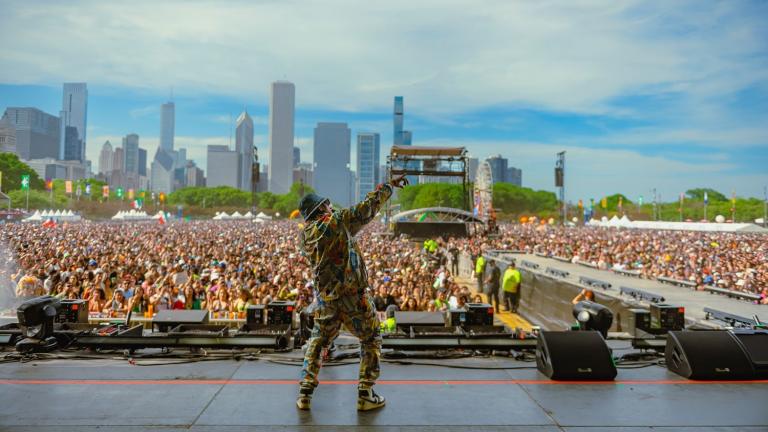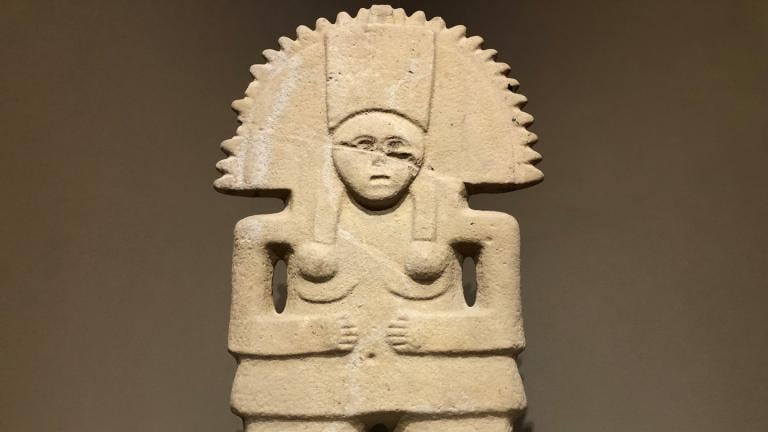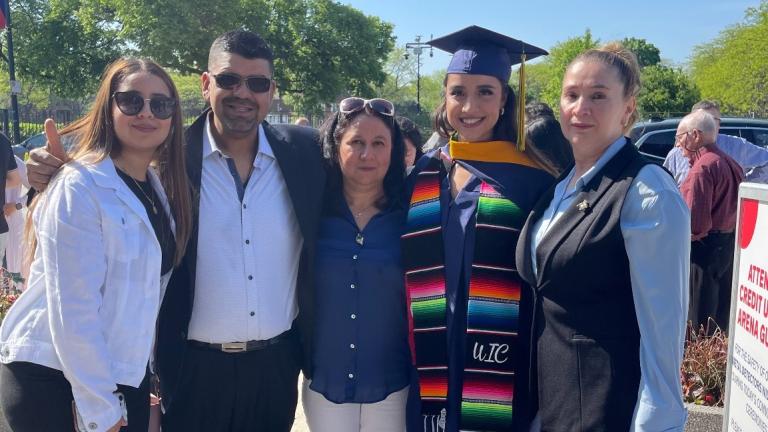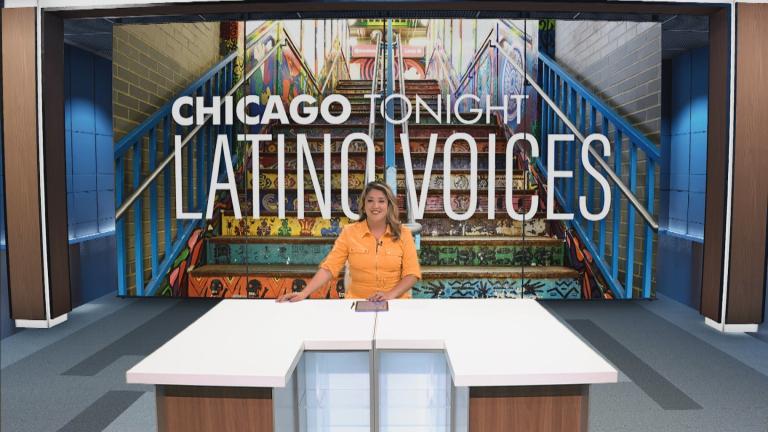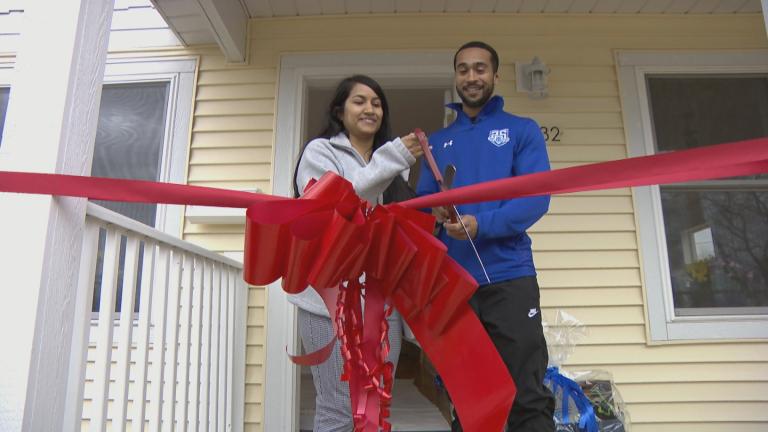In March 2020, few people could have predicted what devastation the COVID-19 pandemic would bring over the next year: more than 500,000 Americans dead, over 23,000 of them in Illinois; hospitals and health care workers pushed to their breaking point; millions out of work, struggling to keep their families fed and housed.
In March 2021, vaccinations are bringing some light to what was a very dark landscape, but many challenges remain.
“In hindsight now, in 2020 was a period where it unveiled the health disparities that were already underlying, and it just magnified them for everyone to see,” says Dr. Juanita Mora, allergist and immunologist at the Chicago Allergy Center. “We saw hard hit communities in the African American and Latino communities. We saw the number of deaths, the number of spikes hitting into the meatpacking companies, the tortillerias, so many other places and so much fear in these communities and so much actual loss. And this this actual lack of ability to navigate this pandemic. And now we see so much progression, we know more about the virus, we know more about treatments, we’re doing more to actually go into these communities and help these hard-hit communities as well, too. So showing them a lot of light for these unsung heroes of the of the coronavirus pandemic.”
Director of social emergency medicine and associate professor in the Department of Emergency Medicine at the University of Illinois at Chicago Dr. Marina del Rios was the first person in Illinois to receive a vaccine dose in 2020, an experience she describes as “seeing a light at the end of the tunnel.”
 Dr. Marina Del Rios receives the first dose of the COVID-19 vaccine by city officials on Tuesday, Dec. 15, 2020 at The Loretto Hospital. (WTTW News)
Dr. Marina Del Rios receives the first dose of the COVID-19 vaccine by city officials on Tuesday, Dec. 15, 2020 at The Loretto Hospital. (WTTW News)
But she notes there is a long way to go.
“I’m happy to see that we’re starting to be more purposeful and how vaccines are being distributed and really trying to pay more attention to our communities that were hardest hit by COVID. I think we still need to invest a lot more,” said Dr. Del Rios. “Just in the vaccine rollout, equal access doesn’t mean equitable access. And we’ve learned that in how these mass vaccination sites have driven people that have the means to sign up, to get there in a car to take time off from work. We really need to be thinking more purposefully about distributing vaccines where people live, congregate and work and stop assuming that people are going to come to us to get help. We need to really be reaching out to the community.”
In addition to disproportionate numbers of infections, the wave of job losses caused by the pandemic wrought havoc on the financial security of Latino families. In addition to her duties as professor of clinical family medicine at the University of Illinois College of Medicine and UIC family medicine residency program director, Dr. Evelyn Figueroa is also the executive director of the Pilsen Food Pantry. She says the need for food assistance has not slowed down since the pandemic began.
“We have operated at capacity for the past 12 months, and our numbers are 50% higher than pre-COVID,” said Dr. Figueroa. “We’ve also been doing a lot of work to support mutual aid organizations on the South and Southwest Sides of Chicago, and our patients are our clients. The people we meet, they don’t have the same ability to work remotely. You know, 13% of Latinos were able to work remotely during COVID times. So this meant that people had to really choose between going to work and bringing the virus home to their family or quitting and experiencing profound poverty.”
“We talk about resilience like something that we can develop and build,” Dr. Figueroa continues. “But it’s something out of that is a survival tactic that is out of necessity for our communities.”
Dr. del Rios says that the last year has been one of many difficult lessons, but one stands out to her.
“We really need to redefine who is essential in our society. And I think if we’ve learned something through this pandemic, it is that our immigrant communities, our communities of color are the most essential people in our society. And we really have to do a better job of protecting them.”

